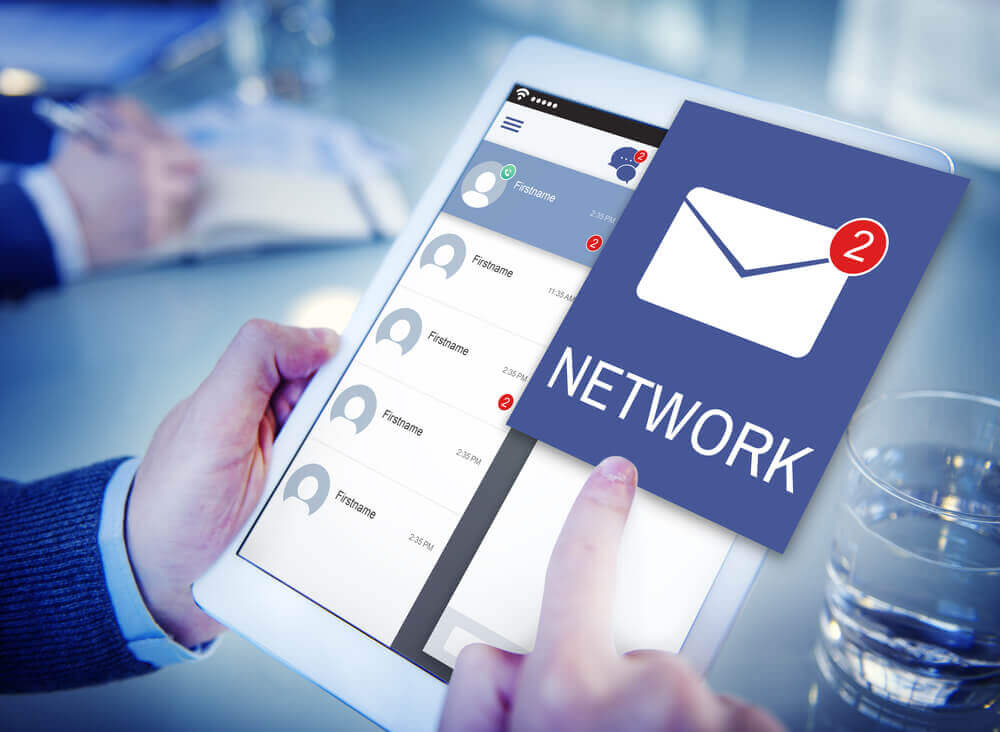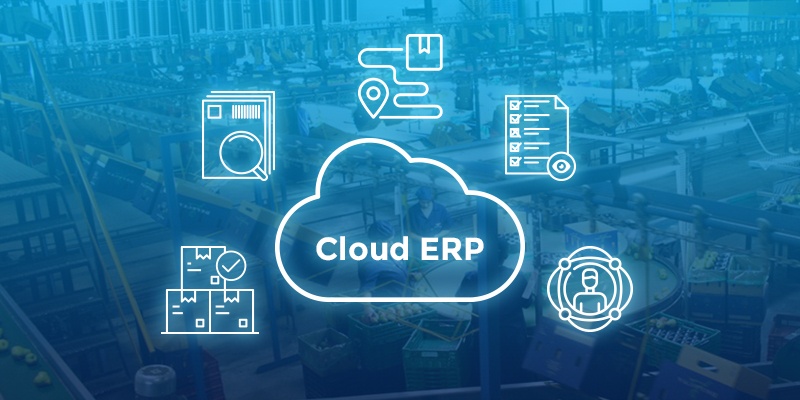Cloud ERP is the hot topic right now with companies embracing the latest technologies. But while cloud offers many advantages it’s not suitable for every environment. Here’s a look at three factors to consider and why an on-premise solution might be a better fit.
𝐂𝐨𝐧𝐧𝐞𝐜𝐭𝐢𝐯𝐢𝐭𝐲
To run your ERP system in a cloud environment you must have a robust Internet connection. Unfortunately that’s not the case for every business. Some locations have spotty Internet connections while other businesses suffer from severe network congestion.
In today’s business environment many companies have overseas plants and subsidiaries and plan to share a cloud ERP system with those overseas operations where Internet connections may be less reliable.
And unfortunately, while it happens rarely, Internet problems can make cloud systems inaccessible. Well-known cloud ERP companies have suffered outages in the past.
Can you afford the possibility of an outage? If your company runs as a high-volume enterprise and your ERP system uptime is critical to operations, cloud ERP may not be your best choice.
𝐒𝐞𝐜𝐮𝐫𝐢𝐭𝐲
Any information stored on a server connected to the Internet is vulnerable to hackers. How important is your proprietary information to your business?
It’s not just your core ERP system hackers target, it’s the applications that run with it to insure you’re able to run your business efficiently.
Just recently, SAP issued a critical alert regarding hackers targeting its business applications and over the past few years governmental agencies have warned that cyberthieves are targeting ERP systems more frequently.

Depending on your security needs, cloud ERP may not be your best option. We have a customer that insists on the highest level of security. That means the company’s ERP server never touches the Internet.
If data security is one of your highest priorities, cloud ERP may not be a good choice.
𝐋𝐨𝐬𝐬 𝐨𝐟 𝐂𝐨𝐧𝐭𝐫𝐨𝐥
While there are many different flavors of cloud, the subscription model has rapidly gained popularity in the past few years. In this environment you don’t own your software, it’s leased from companies like Netsuite and other prominent players that hosts your ERP on shared multi-tenant servers.
But it’s important to note that what you gain in potential cost savings comes at the loss of system control you sacrifice.
In the most common subscription models, the ERP provider decides when and how to roll out upgrades, enhancements and bug fixes. These changes are universal and happen whether you want them to or not.
That means change management must be an ongoing process. Employees that have gotten used to doing tasks one way may be forced to do them completely differently based on the latest software upgrades and you may be forced to change business processes because of system upgrades and changes.
Cloud ERP offers a lot of advantages but let’s be clear here, it may not be for everybody. Make sure that you weigh all the advantages and have a clear understanding of the drawbacks if you’re looking at an ERP change.
_____________
Confused about the many flavors of cloud ERP and the different options? Technologies International, Inc. can help. We have been working with manufacturing and distribution companies for 25-years and our team of experts can help you sort through the choices to find the right one for your company.
Call us today at (909)-614-1416 ext. 120 or email us at sales@tech-intl.com


